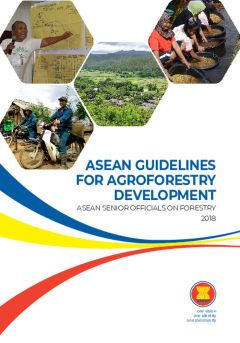Prosperity in place
This report explores how forest and farm producer organisations (FFPOs) can best nurture youth and address youth migration. Youth (15-24 years of age) bring energy and innovation to forest and farm production systems. Of a total global youth population of 1.2 billion, 85% live in developing countries where they make up the mainstay of the rural workforce. Yet, 75% of youth are currently classified as underutilised (unemployed; in irregular or informal jobs; or outside of formal education and training).












